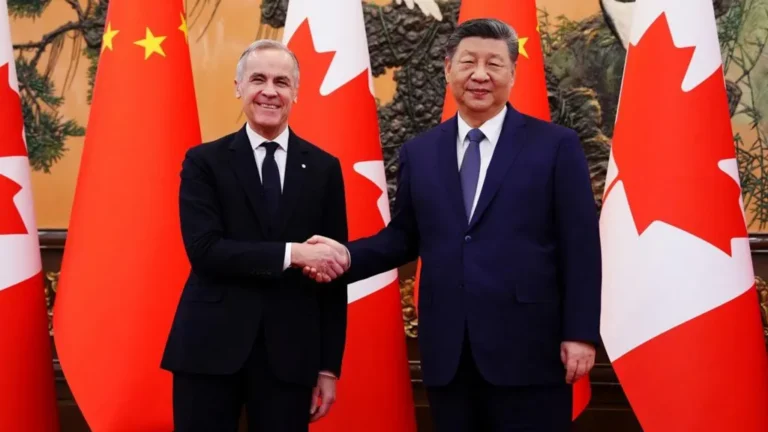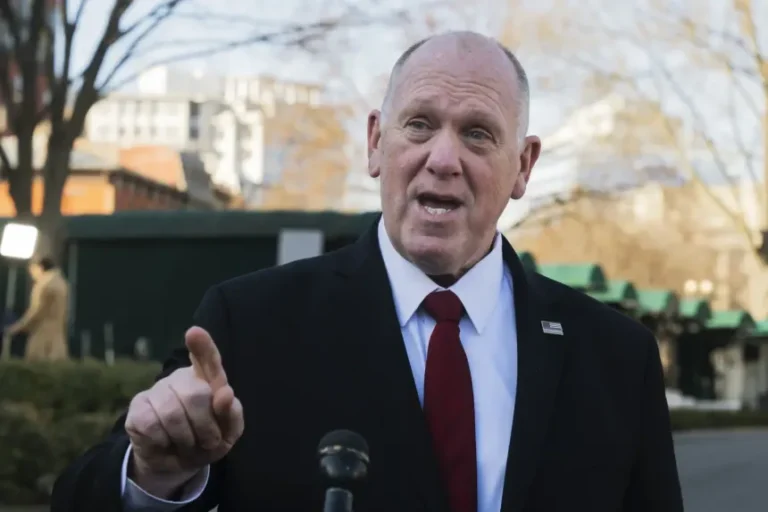
Flags of Ukraine and U.S. are pictured during a meeting between the U.S. Secretary of Defense Lloyd Austin and Ukrainian Defense Minister Rustem Umerov at the Pentagon, in Washington, U.S., August 30, 2024. REUTERS/Daniel Becerril
Washington Signals New Support for Kyiv
The United States will provide Ukraine with intelligence on long-range energy infrastructure targets inside Russia, officials confirmed this week. The move marks a shift in U.S. policy as Washington seeks to increase pressure on Moscow’s ability to finance its war.
According to U.S. officials, NATO allies are also being asked to contribute similar intelligence to bolster Ukraine’s capacity to strike refineries, pipelines, and power facilities.
Trump’s Revised Ukraine Stance
President Donald Trump, who had previously suggested Ukraine might need to give up territory to end the war, has recently voiced support for Kyiv regaining all occupied land. In a post last week after meeting President Volodymyr Zelenskiy, Trump said he believed Ukraine could win back its territory with European support.
This represents the first major policy adjustment of his second term, signaling a harder line toward Russia.
Intelligence and Weapons Requests
While Washington has long shared battlefield information with Kyiv, the new intelligence is focused on Russia’s critical energy sector. Energy exports remain the Kremlin’s largest source of funding for its military campaign.
Ukraine has also requested Tomahawk cruise missiles, which can reach more than 1,500 miles. U.S. officials are still considering that request. Ukraine is additionally developing its own long-range missile, known as Flamingo, though production numbers are unclear.
Russia’s Response
The Kremlin said the U.S. and NATO are clearly using their intelligence networks to support Ukraine. Russia’s ambassador to the United Nations, Vassily Nebenzia, argued that American involvement cannot produce a “quick fix” to the conflict, dismissing the possibility that Tomahawk missiles would alter the battlefield outcome.
Russia’s foreign ministry has also warned that sanctions and intelligence support are designed to erode its economy, though officials acknowledged there is “no quick solution” to end the war.
Economic Pressure on Moscow
The U.S. is pressing European nations and partners in Asia to reduce purchases of Russian oil. Steps include:
- Urging Turkey and India to halt imports of discounted Russian crude.
- Supporting European buyers as they diversify energy supplies, including new LNG deals.
- Announcing tariffs on certain imports to pressure countries maintaining Russian oil ties.
The Group of Seven finance ministers pledged this week to increase penalties on buyers who continue expanding purchases from Russia.
War Background
Russia launched its full-scale invasion of Ukraine in February 2022. The conflict, now in its fourth year, has resulted in heavy losses on both sides and remains a central flashpoint between Moscow and the West.
Related Coverage
- Idaho News – https://idahonews.co/idaho-news-3/
- National News – https://idahonews.co/national-news/
- Global News – https://idahonews.co/global-news/






